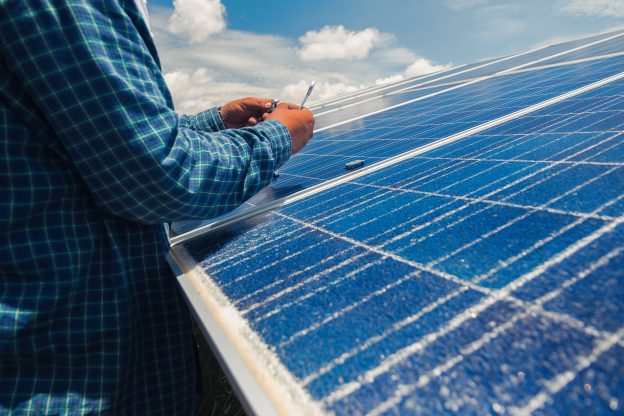
Lithium-ion batteries are used in smart phones, laptops, electric vehicles, and battery energy storage systems in various industries and companies have paid great attention to lithium ore and battery supply chains for their own ESG performance. Now scientists have found a way to establish a tracking system through the atoms in lithium batteries to ensure that purchased products are insulated from disputes.
65% of the world's lithium is used in lithium-ion batteries but "lithium" has a very complex supply chain. Some mines have been accused of using too much fresh water, forced labor, or violating of indigenous land rights. Controversial products could be used if care is not taken. Therefore, Anne-Marie Desaulty of the French Geological Survey believes that it is very important to understand the source of lithium ore. Lithium ore mining is sometimes accompanied by environmental and social problems, the main problems include water and human rights.
No one wants to trade energy transition at the expense of the environment or human rights but Desaulty points out that it is easy to forge documents if manufacturers or local suppliers are required to provide supply chain ESG certification, etc.
Desaulty's team wanted to determine whether lithium's atomic signature could be used for identification like a "fingerprint." Lithium has two stable isotopes, lithium 6 and lithium 7. According to different environmental differences, the ratio of each lithium ore isotope is slightly different, and the "ratio" can be used as a marker.
The team also looked at past studies of isotopic ratios of lithium collected from various mines and found that lithium from brine deposits has a very different isotopic signature than lithium from hard rocks, possibly because the heavier isotope "lithium 7" is more likely to mix with water.
It's just that at this stage, because there are not many reference samples in mines, the research team has not been able to associate the lithium in lithium-ion batteries with a specific location, but Desaulty said that after the database is established in the future, the system can be implemented and established. Rachael James, a professor of geochemistry at the University of Southampton in the UK, also said that we need to know the source of our lithium ore and determine whether it is sustainable. After all, mining must consume a lot of energy.
(Image:shutterstock)







